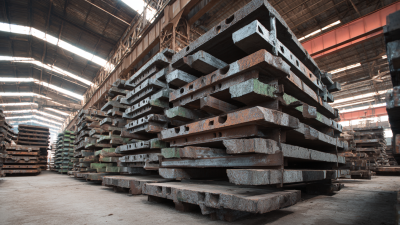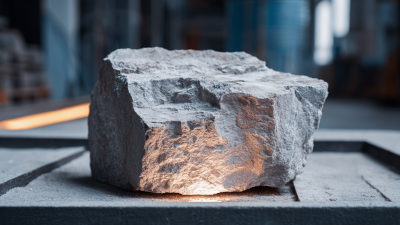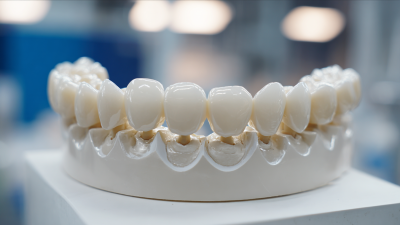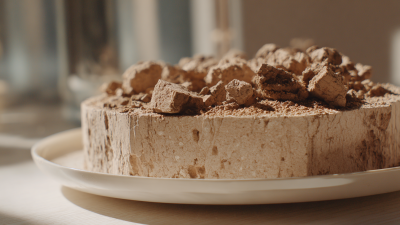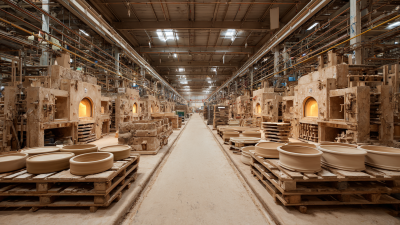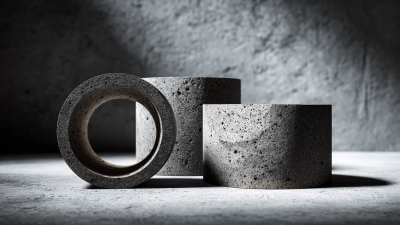Leave Your Message
In the modern ceramics and glass industries, sourcing high-quality Silicon Carbide Kiln Shelves is crucial for ensuring optimal production efficiency and product quality. Recent market analysis indicates that the demand for Silicon Carbide products is expected to grow significantly, with a projected CAGR of 7.9% through 2026, driven by their superior thermal stability and low thermal expansion properties. As manufacturers increasingly seek reliable suppliers globally, understanding the essential criteria and best practices for sourcing these specialized kiln shelves becomes imperative. This blog will provide an essential checklist, incorporating data-driven insights and practical tips to help businesses navigate the complexities of procurement, ensuring they select Silicon Carbide Kiln Shelves that meet both performance requirements and budget considerations.
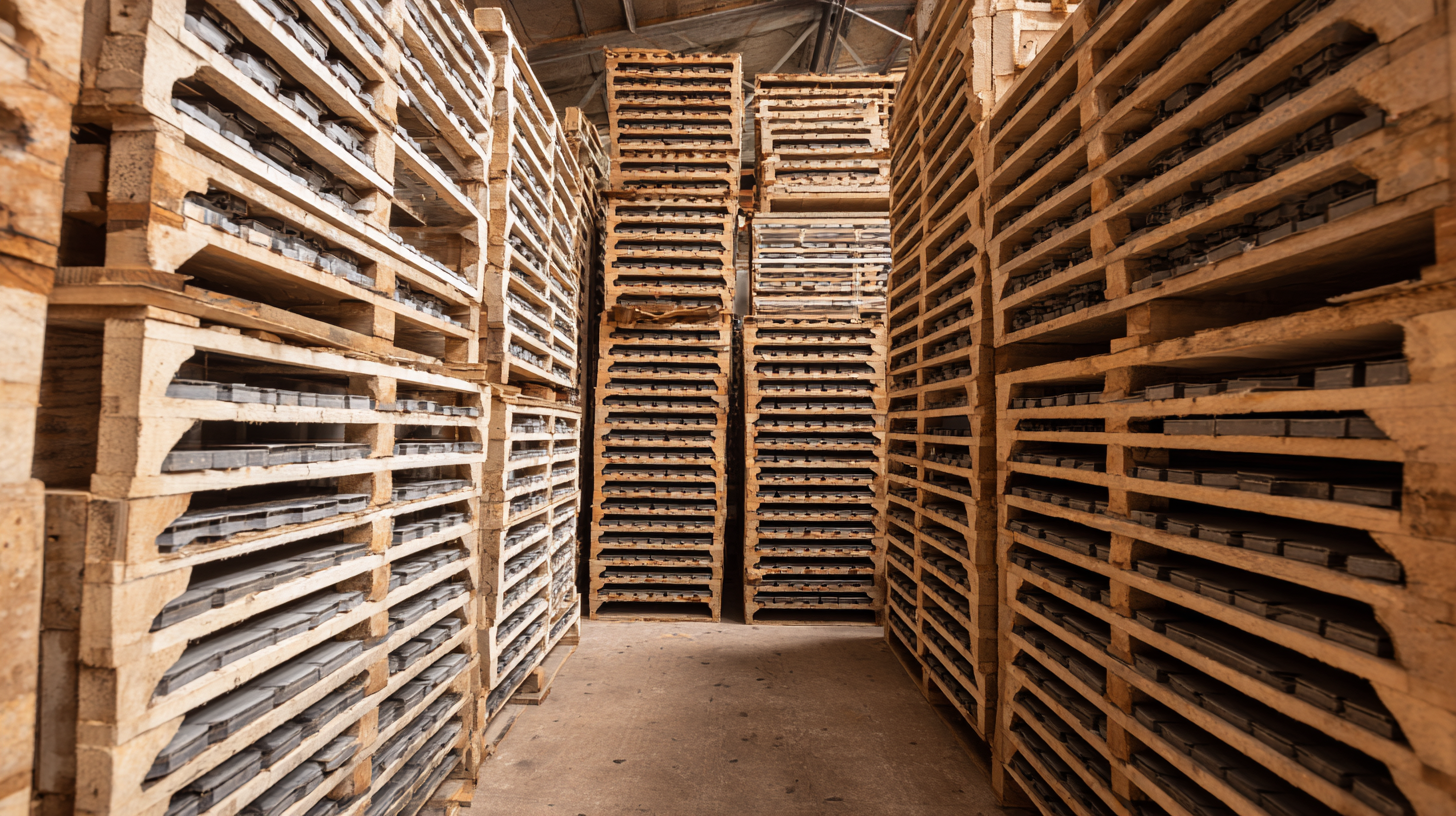
When sourcing high-quality silicon carbide kiln shelves, it is crucial to consider several key factors that can significantly influence both performance and cost-effectiveness. First, understanding the technical specifications of the silicon carbide material is essential. Look for shelves with high thermal shock resistance, as they are subjected to extreme temperature changes during firing processes. The composition of the kiln shelves, such as varying silicon carbide contents, can affect their durability and resistance to wear, a pivotal consideration in high-demand industrial settings.
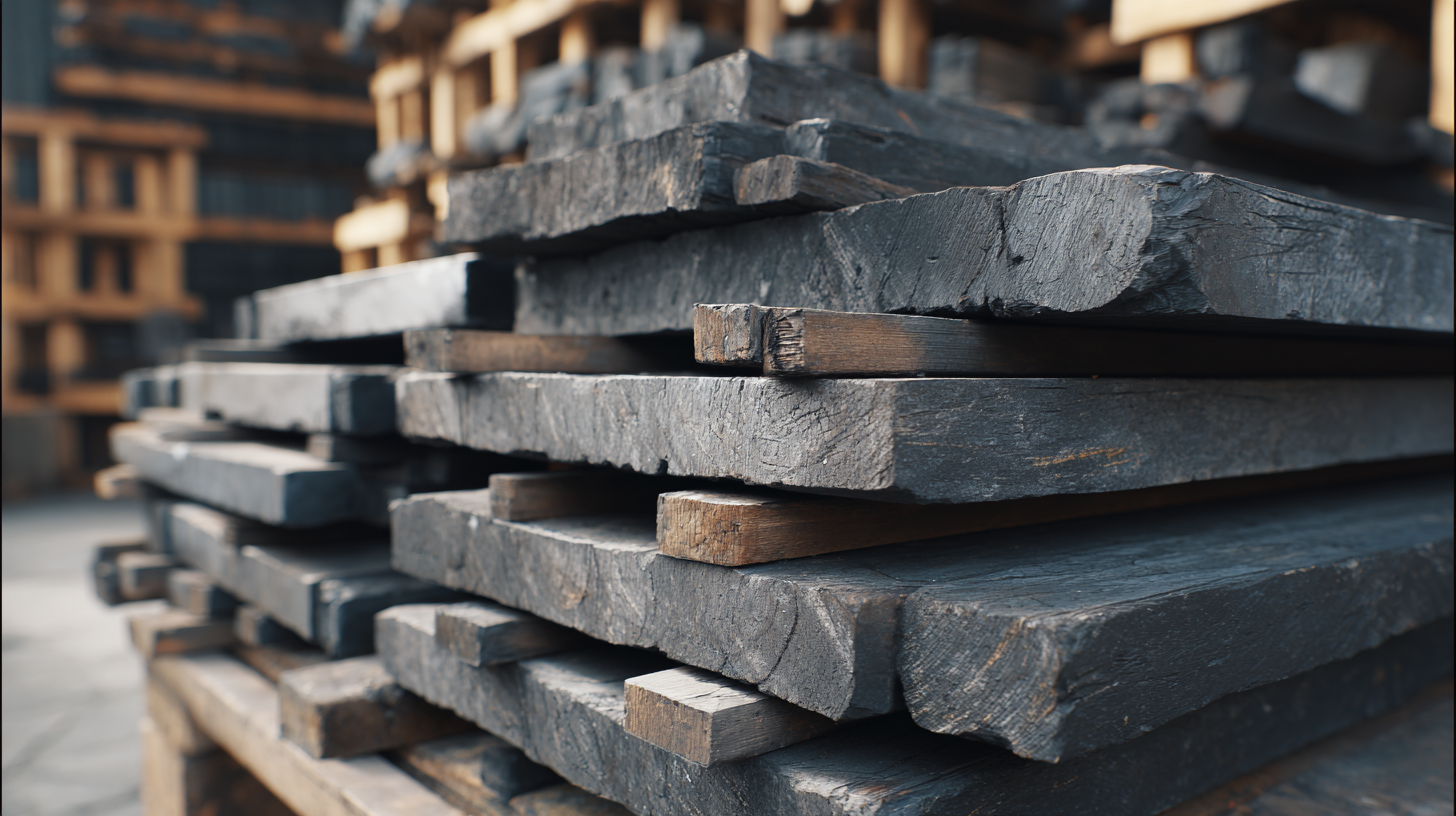
Additionally, the global market for silicon carbide continues to expand, reflecting its vital role in the technical ceramics industry, which was valued at approximately USD 9.58 billion in 2023 and is expected to grow steadily. This growth underscores the importance of collaborating with reliable suppliers who can provide consistent quality and adhere to sustainable production practices. As the refractory industry adapts to support sustainability goals, sourcing from manufacturers that prioritize eco-friendly practices can enhance your brand's reputation while meeting the increasing demands for environmentally conscious materials.
When sourcing high-quality silicon carbide kiln shelves, it's crucial to connect with the best suppliers worldwide. The following are the top 5 global suppliers recognized for their exceptional products and services.
First on the list is Company A, known for its innovative manufacturing techniques and stringent quality control measures. Their commitment to excellence ensures that every kiln shelf delivered meets industry standards for durability and heat resistance. Company B follows closely, offering a range of custom sizes and finishes that cater to the specific needs of artists and manufacturers alike.
Tip: Always request samples before placing a large order to evaluate the product's quality firsthand. This can save you from potential issues down the line and ensure that you're making a wise investment.
Company C leverages advanced technology in their production process, which not only improves consistency but also enhances the thermal stability of their kiln shelves. Meanwhile, Company D is praised for its exceptional customer service and affordable pricing, making it a popular choice among small to medium-sized enterprises.
Tip: Refer to customer reviews and case studies to gain insights into the experiences of others who have sourced from these suppliers. This can provide invaluable information on reliability and product performance.
Lastly, Company E stands out in terms of sustainability practices, offering eco-friendly options that do not compromise on quality. Each of these suppliers plays a significant role in enhancing the kiln shelf landscape globally, making the sourcing process easier and more efficient for businesses.
When sourcing high-quality silicon carbide kiln shelves, adhering to essential quality standards is crucial for ensuring durability and performance. The first standard to consider is thermal resistance; high-quality silicon carbide materials should withstand extreme temperatures without warping or cracking. This ensures the longevity of the shelves and minimizes the risk of product loss during firing processes.
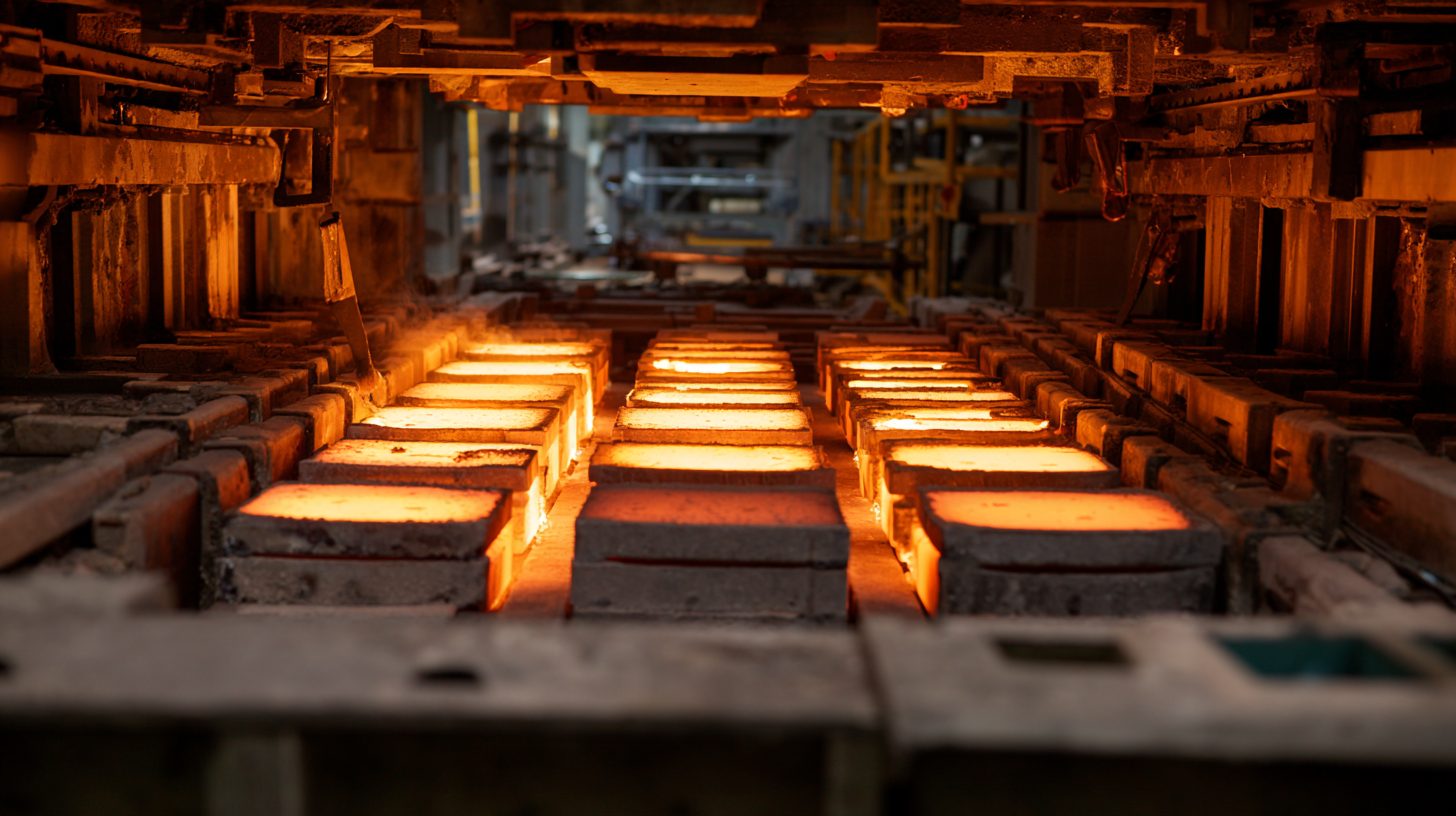
Another important quality standard is the shelf's structural integrity. The ideal kiln shelves must possess high mechanical strength to support heavy loads and resist deformation. Additionally, it’s vital to ensure uniform thickness throughout the shelves to maintain consistent heat distribution. Finally, a low porosity level is essential, as it prevents the absorption of moisture and chemicals, which could compromise the integrity of the shelves over time. By focusing on these quality standards, manufacturers can create reliable and efficient kiln shelves that meet the demands of various firing applications.
When sourcing high-quality silicon carbide kiln shelves, avoiding common pitfalls is crucial to ensure a successful purchase. One significant mistake is failing to assess the supplier's quality control measures. According to a report by the Advanced Materials Research Institute, around 30% of kiln shelves fail quality checks due to inconsistent manufacturing processes. Buyers should inquire about certifications and testing protocols that suppliers adhere to, ensuring that the products meet industry standards for durability and performance.
Another pitfall to avoid is neglecting to consider the specific application requirements for your kiln shelves. Different industries have varying thermal and load demands; for instance, shelves used in ceramic production may require higher heat resistance compared to those used in glass industries. Research from the Journal of Materials Engineering indicates that selecting the wrong shelf can lead to premature failure and costly replacements. It is essential to clearly communicate your needs to potential suppliers and obtain detailed specifications to ensure compatibility with your production processes.
Lastly, overlooking the after-sales support can also hinder your purchasing experience. A recent survey by the Kiln Users Network found that 40% of kiln shelf users reported difficulties in obtaining timely technical support. Before finalizing a purchase, verify whether the supplier offers comprehensive guidance, including installation assistance and troubleshooting resources, which are invaluable for maintaining optimal kiln operations.
| Dimension | Material Quality | Manufacturing Process | Common Pitfalls | Recommended Practices |
|---|---|---|---|---|
| 24" x 48" | High purity silicon carbide | Hot pressed | Skipping quality checks | Request certificates of analysis |
| 30" x 30" | Medium grain silicon carbide | Sintered | Not confirming supplier's reputation | Research suppliers thoroughly |
| 36" x 48" | High-density silicon carbide | Reactive sintering | Ignoring shipping conditions | Choose vendors with good shipping practices |
Silicon carbide (SiC) has emerged as a transformative material in the manufacturing of kiln shelves, offering significant advantages over traditional options. One of its primary benefits is its exceptional thermal conductivity, which allows for rapid and uniform heating. According to industry reports, SiC can withstand temperatures exceeding 1600°C without degrading, making it ideal for high-temperature applications commonly found in ceramic and glass kilns. Additionally, its inherent resistance to thermal shock minimizes the risk of cracking during rapid temperature changes, thereby enhancing the longevity and reliability of kiln shelves.
Moreover, silicon carbide's strength and lightweight properties contribute to its superiority in kiln shelf applications. With a tensile strength typically exceeding 600 MPa, SiC shelves are not only durable but also facilitate easier handling during loading and unloading processes. Reports also indicate that SiC shelves can improve energy efficiency by reducing heat loss, leading to cost savings in operational expenses. By investing in high-quality silicon carbide kiln shelves, manufacturers can leverage these advantages to optimize their production processes and improve overall product quality.
